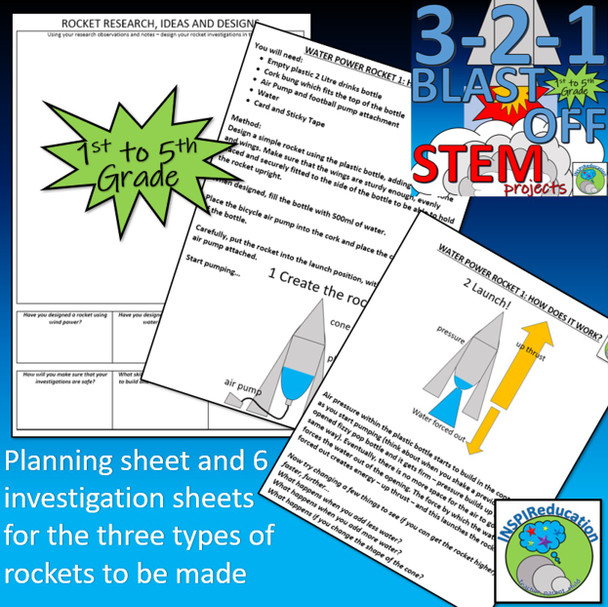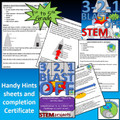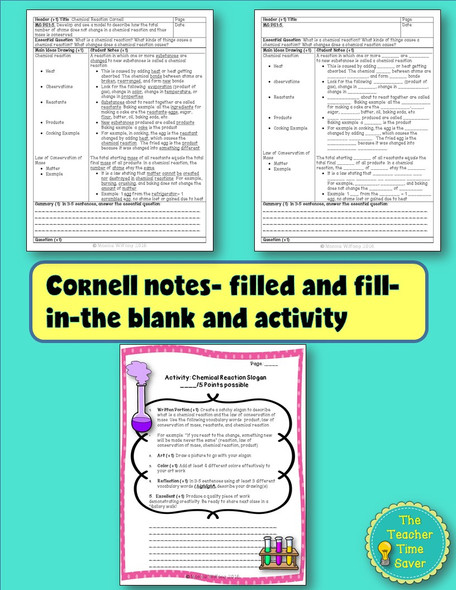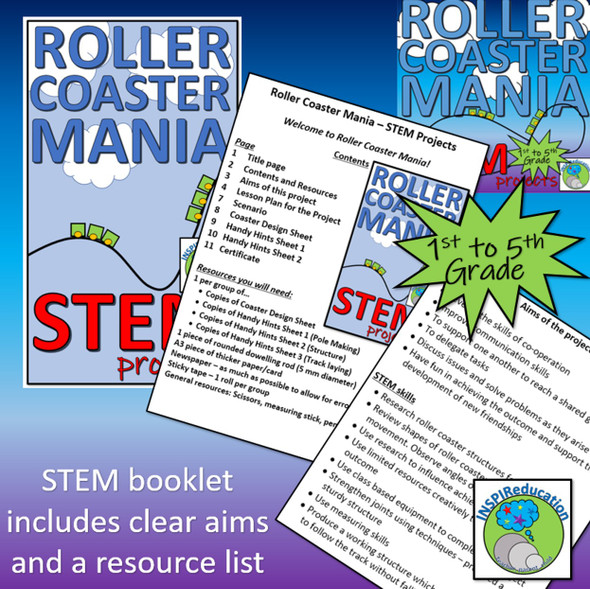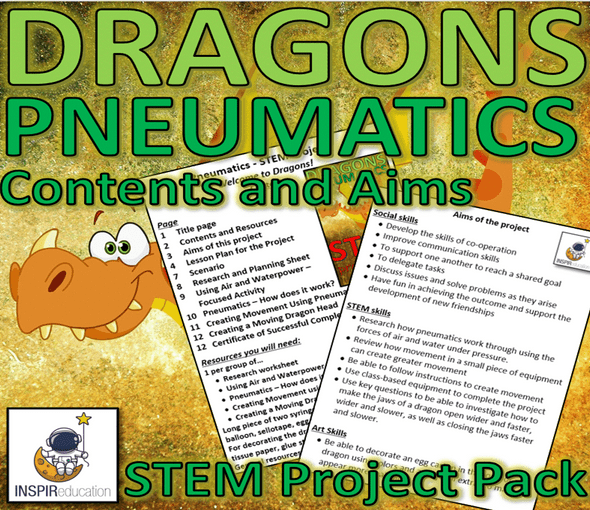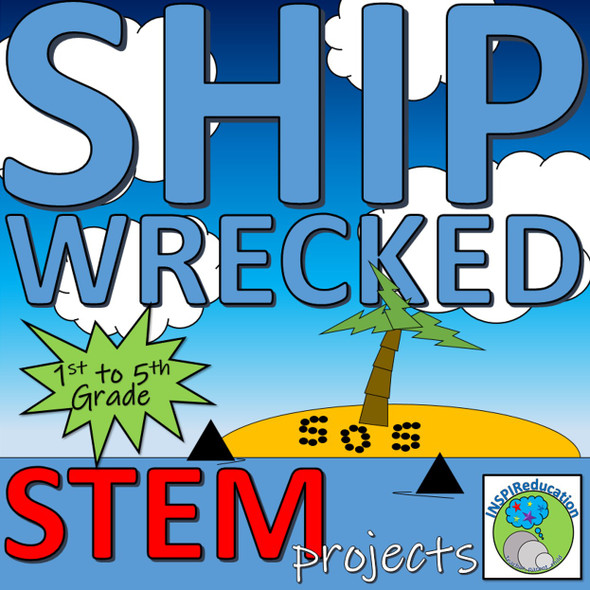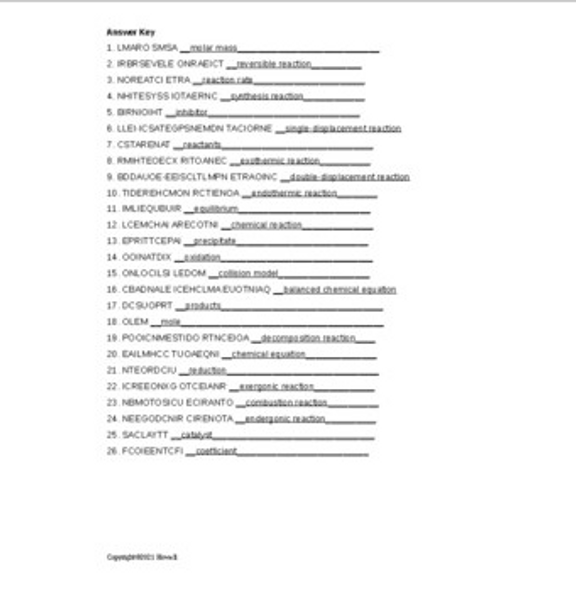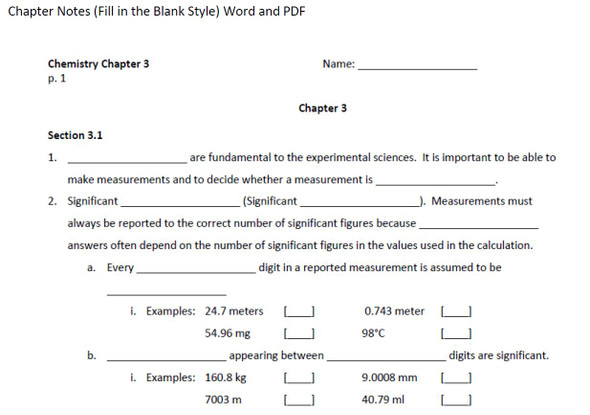STEM: Rockets - Air, Water and Chemical Reactions (Science, lesson plans, help sheets and certificate)
- Bulk Pricing:
- Buy in bulk and save
- Contributor:
- INSPIReducation
- Grade Level:
- 1, 2, 3, 4, 5
- Product Type:
- STEM, Lesson Plans, Rocket making, Science Forces, Certificates, Help Sheets
- File Type:
- ZIP, PDF
- Pages:
- 14
- Answer Key:
- N/A
Description
When you purchase and download this resource, you will receive a 14 page booklet. It includes all you need to achieve success in teaching your children about rockets - focused on the forces of air, water and chemical reactions - using recycled materials and minimal resources.
This project is aimed at developing both skills in STEM learning alongside team work skills, problem solving, cooperation and communication skills, within a meaningful scenario.
The booklet includes:
- Cover Page
- Contents and resources
- Aims of the project
- Lesson Plans for teaching the project and hints as to when to let the children "fail" before intervening with support and "6 Handy Hints" sheets (2 sheets for each of the rocket types)
- Scenario to read to make the learning purposeful (what the children must make and how they can investigate their rockets further)
- Research and Planning sheet along with 6 targeted questions to support research and preparation before making
- 6 focused rocket Handy Hints sheets - 2 for each rocket type (1 to help make, 1 to help extend and explain what reactions are occurring to make the rocket fly)
- Certificate to mark success, the end of the project and celebrating taking part.
The aims of the project have been identified as:
Social skills
- Develop the skills of co-operation
- Improve communication skills
- To support one another to reach a shared goal
- To delegate tasks
- Discuss issues and solve problems as they arise
- Have fun in achieving the outcome and support the development of new friendships
STEM skills
- Research shelters appropriate for desert island resources
- Review shapes of shelters to support reflecting heat, allowing rain water to run off and further providing shade
- Use research to influence achievable design
- Use limited resources creatively to reach agreed outcome
- Use class based equipment to complete the project
- Strengthen joints using techniques – provided a sturdy structure
- Use measuring skills
- Produce three different types of rockets propelled by three different types of fuels and understand how the rockets work.
However, these are not exhaustive skills and the project is flexible and open enough for other skills to be developed.
The 7 Lesson Plans are detailed with session numbers, clear purpose to the lesson, detailed activity plans and outcome of the session. The plans clearly tell the teacher when to let the children experiment, when to allow them to fail in order to learn and problem solve, when to use the 6 Handy Hints sheets and when to intervene with further skills teaching to move them onto the next stage of the project.
Resources are limited and inexpensive. To complete the project, each group will need:
1 per group of…
- Copies of Water Power Rocket Sheet 1 (Pressure)
- Copies of Wind Power Rocket Sheet 2 (Air)
- Copies of Chemical Power Rocket Sheet 3 (Reaction)
- Long piece of string,
- balloon,
- straw
- Empty drinks bottle,
- cork,
- air pump,
- water,
- card
- Toilet roll,
- small container with a tight lid,
- effervescent tablet.
Our children enjoyed this project, especially the fact that it used limited resources, as well as recycling resources that would normally be thrown away, making it a very inexpensive project to complete.
Thank you for visiting our store and viewing our resources.
Best wishes
INSPIReducation




